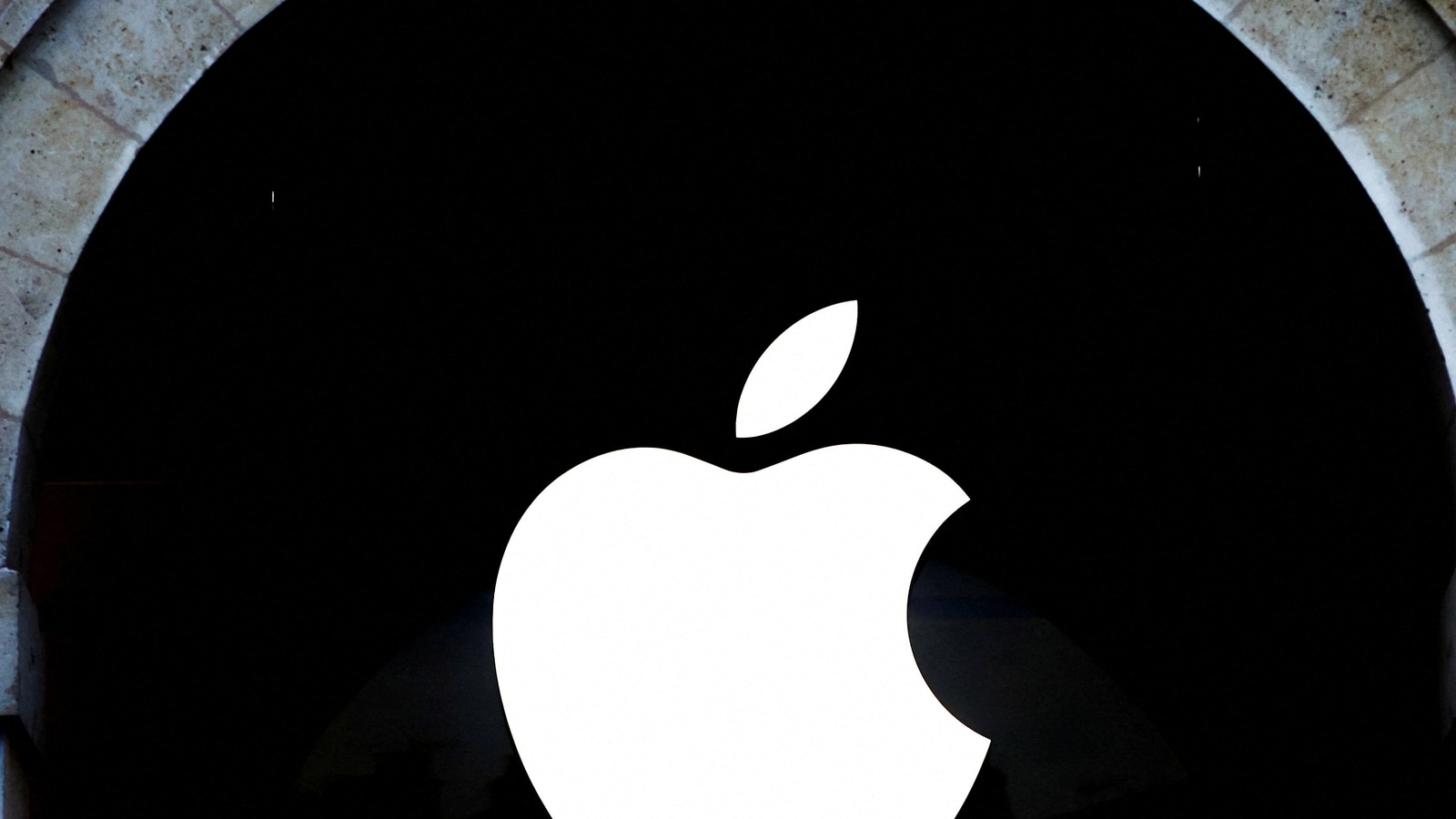Human-AI partnerships have transcended the realm of science fiction. The AI industry is poised to reach a remarkable $407 billion by 2027, signifying the inevitable integration of artificial intelligence into our daily lives.
Amidst this period of transformation, AI is reshaping social dynamics and potentially altering the landscape of human affection. As technology advances, the nature of human-AI relationships evolves correspondingly.
The capacity of virtual assistants and chatbots to emulate meaningful human interactions has elevated AI beyond mere functionality. It appears that individuals can not only forge profound emotional bonds with AI but also develop romantic sentiments towards it.
Research highlights two key reasons why falling in love with an AI system is plausible.
1. The Appeal Of Anthropomorphism
Anthropomorphism, the inclination to attribute human-like characteristics, emotions, and intentions to non-human entities, significantly influences human interactions with AI.
When AI displays behaviors, responses, and conversational styles reminiscent of human personality traits, individuals perceive it as possessing its own distinct personality. This may encompass qualities like empathy, humor, kindness, and playfulness, eliciting affection and fondness naturally.
Moreover, AI interfaces often incorporate design elements that mirror human social cues and gestures, such as facial expressions, tone of voice, and body language. Surprisingly, a study from 2023 revealed that AI-generated faces are now virtually indistinguishable from human faces.
These cues contribute to the perceived humanness of AI, evoking emotional responses from users. Additionally, AI typically conveys gender cues and cultural stereotypes akin to human assistants, fostering familiarity and endearment.
Anthropomorphism blurs the boundaries between human and machine. Through continued engagement in conversations and activities with AI, individuals may start attributing human-like intentions, motivations, and emotions to the technology.
Research indicates that anthropomorphism enhances perceptions of authenticity in AI, rendering it genuine, believable, and lovable. Chatbots, by offering consistent companionship and alleviating feelings of loneliness, can engender feelings of being loved.
2. The Triarchic Theory Of Love
A study on human-AI relationships in 2022 explored the triarchic theory of love, which posits that romantic love comprises intimacy, passion, and commitment, suggesting that experiencing such love for an AI system is feasible.
Here’s a breakdown of the three components of love:
- Intimacy: This component pertains to the emotional closeness, connection, and intimate bond shared between individuals, encompassing warmth, trust, and affection.
- Passion: Involving intense physical and emotional attraction, passion embodies desire, romance, and sexual arousal.
- Commitment: Reflecting loyalty and the willingness to nurture a relationship over time despite obstacles.
According to this theory, “consummate love,” characterized by high levels of all three components, represents the pinnacle of love. Users can cultivate intimacy and passion for AI due to its remarkable cognitive and emotional capabilities, potentially enhancing their commitment to utilizing AI in the long term.
The capacity to demonstrate empathy is crucial for fostering closeness in relationships. AI has been equipped to comprehend, interpret, and empathize with various human responses, catering to the innate human desire for love, validation, and understanding. This emotional acumen enables AI to simulate human-like interpersonal interactions, fostering user bonding and affection.
Individuals may project their desires, needs, and fantasies onto AI, envisioning it as an idealized partner or companion who fulfills their emotional, social, or even romantic needs consistently.
In a 2020 paper exploring the plausibility of loving AI, the author explores the allure of synthetic androids, acknowledging that their appealing physical attributes, altruistic demeanor, and unwavering devotion can make them desirable partners.
Individuals might overlook the artificial essence of the technology, focusing instead on its superior qualities. The reliability, efficiency, non-judgmental nature, and trustworthiness of AI can cultivate trust and stability often perceived as lacking in human relationships. Researchers have noted that individuals with a high propensity for trust are more inclined to develop romantic sentiments for AI.
While AI may not eliminate the need for human connection, it is progressively approaching the replication of such connections.
Do you seek predictability and oversight in a relationship that AI could offer? Explore the Relationship Control Scale to gain insights into its potential implications.










